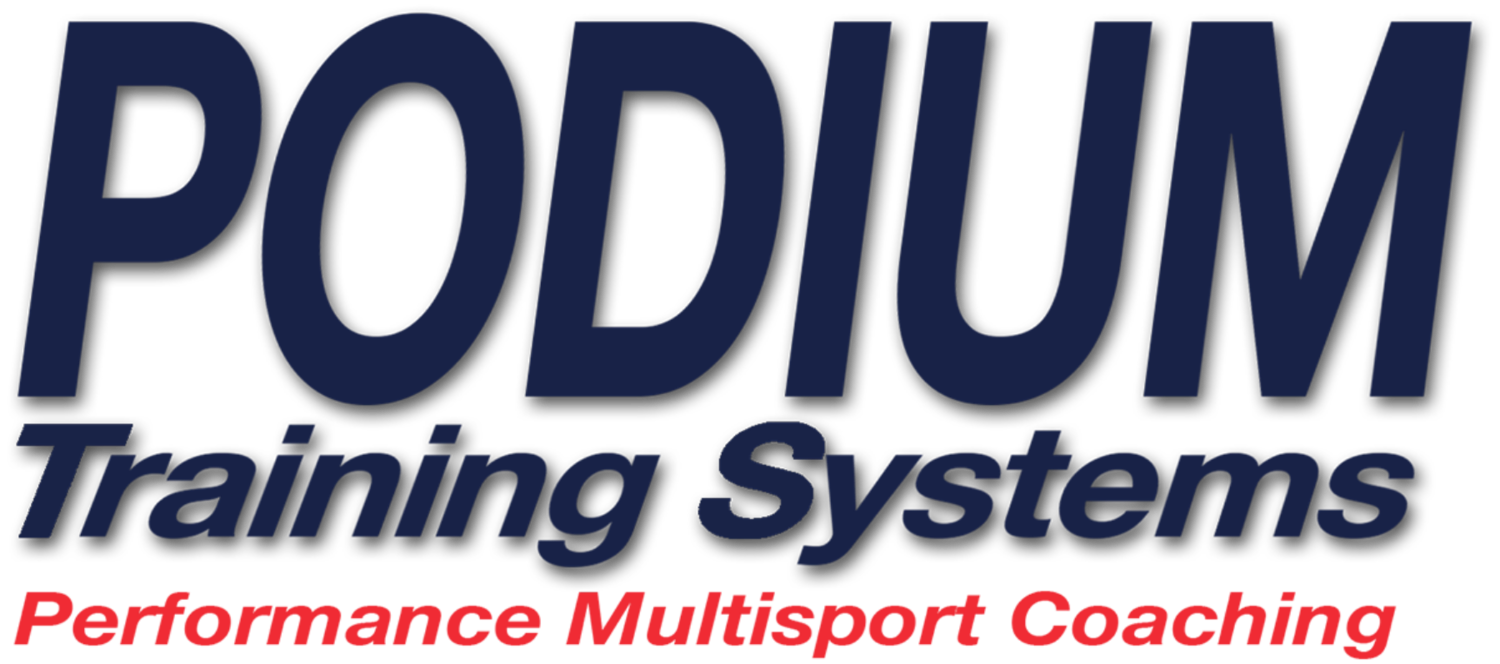I’ve spoken about this topic before. Well, actually I talk about it every year. This is such an important time - The off-season - and it is often overlooked and undervalued. You can't train hard twelve months out of the year. You risk overtraining, burnout, and not getting the full recovery you need both mentally and physically. After a long season of training and racing, this time of year (depending on your long term periodization and racing plan) is critical to ensure that you set the foundation for another good season.
This isn’t to say that you should take two months off. Take too much time off and you risk losing your base fitness, and thus starting your pre-season back at square one.
Two to three weeks of downtime is ideal - but no more than that. Two or three weeks allows you to rest and reenergize yourself without losing your base aerobic fitness. You should follow this period of time with a couple of weeks of unstructured training provided by your coach. What does that mean? For my athletes it means having some programming on the calendar, but you get in training when it’s convenient. A training prescription is provided, but it’s easier workouts designed to get the body moving again, with reasonable volume and intensity.
After this period, you can now look ahead and begin your pre-season training refreshed, energized, and ready for more intensive training.
Please note that the off-season does not mean there’s no training focus during this time. You might have some goals for volume and perhaps some goals in regards to getting in some additional swimming or cycling sessions. But it’s all pretty low-key. Additionally, have meetings with your coach. Talk about what went right, or wrong, last season, and what you’re both going to do to remediate limiters moving forward. You should be discussing your upcoming season races and goals. Based on this collaborative discussion, your coach can then look at what the upcoming season looks like and begin creating the high level plan that is required for success.
This is a great time to lay the physical groundwork for next season. At the gym, work on strengthening muscle groups that support the prime movers. Look to add strength where needed to facilitate injury prevention when training intensity picks up.
Most importantly you should be taking advantage of this time to work on any deficiencies that you and your coach identify. Were you lacking a little power on the bike? Need to find efficiency in the swim? This is the time focus on remediating these limiters before the season is in full swing.


